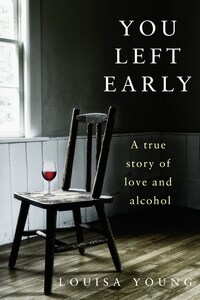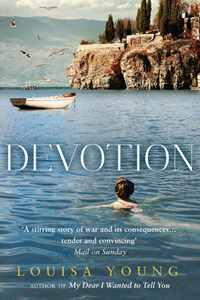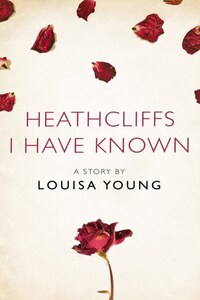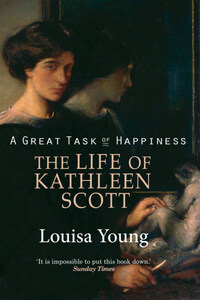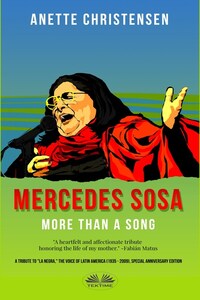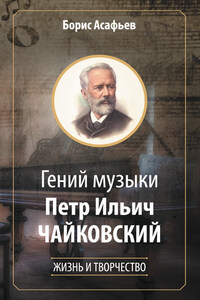The Borough Press
An imprint of HarperCollinsPublishers Ltd
1 London Bridge Street
London SE1 9GF
www.harpercollins.co.uk
First published in Great Britain by HarperCollinsPublishers 2018
Copyright © Louisa Young 2018
Cover photographs © Margie Hurwich/Arcangel Images, © Shutterstock.com
Cover design by Claire Ward © HarperCollinsPublishers Ltd 2018
Louisa Young asserts the moral right to be identified as the author of this work
A catalogue copy of this book is available from the British Library
This book is a work of non-fiction based on the author’s experiences. In order to protect privacy, names, identifying characteristics and details have been changed.
All rights reserved under International and Pan-American Copyright Conventions. By payment of the required fees, you have been granted the non-exclusive, non-transferable right to access and read the text of this e-book on screen. No part of this text may be reproduced, transmitted, down-loaded, decompiled, reverse engineered, or stored in or introduced into any information storage and retrieval system, in any form or by any means, whether electronic or mechanical, now known or hereinafter invented, without the express written permission of HarperCollins.
Source ISBN: 9780008265175
Ebook Edition © June 2018 ISBN: 9780008265199
Version: 2018-07-18
The book you hold in your hand is a memoir by me, Louisa Young, a novelist, about Robert Lockhart, a pianist, composer and alcoholic, with whom I was half in love most of my adult life and totally in love the rest of it. It’s as much about me as about him, and is of necessity a difficult book to write. So why am I writing it? Why expose, so openly, chambers which are only usually displayed via the mirrors and windows with which novelists protect their privacy?
Because his life is a story worth telling.
Because our love story, while idiosyncratic, is universal.
Because alcoholism has such good taste in victims that the world is full of people half or totally in love with alcoholics – charismatic, infuriating, adorable, repellent, self-sabotaging, impossible alcoholics – and this is hard, lonely, baffling, and not talked about enough.
Because although there are a million and a half alcoholics in Britain, many people don’t really know what alcoholism is.
Because alcoholics also love.
Because I don’t want to write a novel about an alcoholic and a woman; I want to write specifically about that alcoholic, Robert, and this woman, me.
Because everything I have ever written has been indirectly about Robert, and the time has come for me to address him directly.
Because the last time I tried to address it directly I told him, and he said, ‘You won’t be able to finish this until I’m dead.’
Because I have realised that for me, quite the opposite: he won’t be properly dead until I’ve finished it.
Four months after he died, I wrote this:
It can’t be surprising that I can’t write now. All I can think about is Robert and death, so that is all I could write about, but I can’t. To write Robert would be to seal him. I, who can rationalise my life into any corner of the room and out again and rewrite my every reality in any version I like, and back, twice before lunch, I cannot pin that man to the specimen paper. I cannot claim to have all of him in view at one time. I cannot slip him into aspic, drown him in Perspex, formalise him – look, there he is in that frame, that’s how he was, that’s him. No, that is
